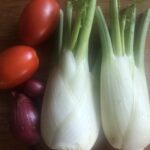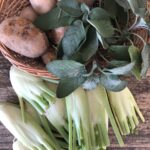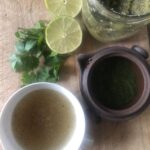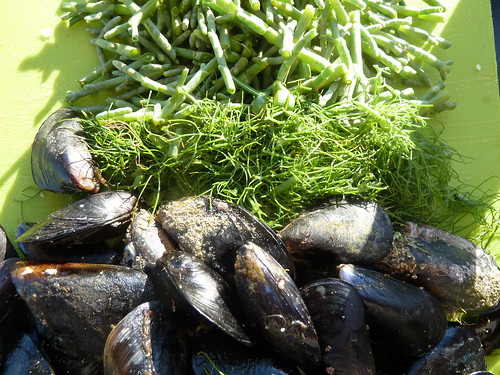
at the beginning of june my family and friends have lived outdoors next to the sea in sardegna at the famous and unbelievably beautiful costa smeralda …
we were lucky to find our space directly at the seafront at a bay area, where also sweet water runs into the sea … resulting in marvellous wild life and interesting flora and fauna.
apart from starfish, sea urchins, sea anemones, diverse shells, crabs, octopus and squid, soles and other fish, there were also loads of mussels living on the side parts of the water runway.
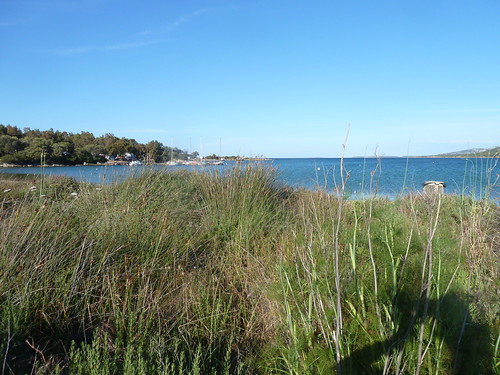
of course we snacked on loads of pecorino sheep cheese, olive oil and pane guttiau and pan carasau, the two types of flat dry bread of round shape, and very traditional sardinian.
also sardegnan beer (ichnusa) and wine from cannonau vines was not to be missed. and for the starry nights mirto, the famous sardegnan digestif from mirto berries, made us feel warm from
the inside.
i noticed again, that whereever i am around, i’ll naturally scan nature for eadible stuff … and so after a short time, i was to compose a dish from mussels with wild fennel, sea asparagus and rosemary. kids and grown-ups alike were enjoying pasta with mussels and tomato sauce with a slight fennel aroma …
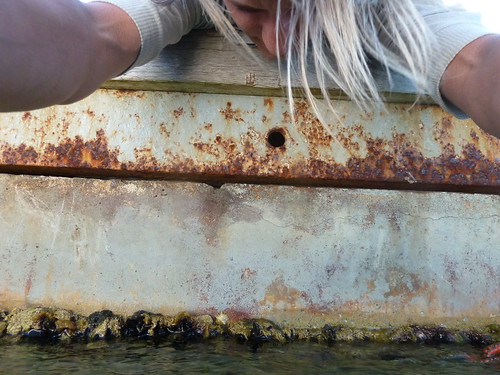
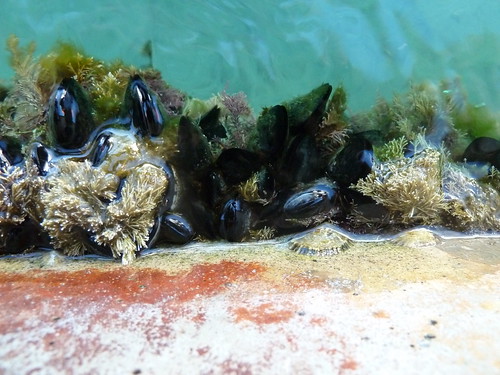
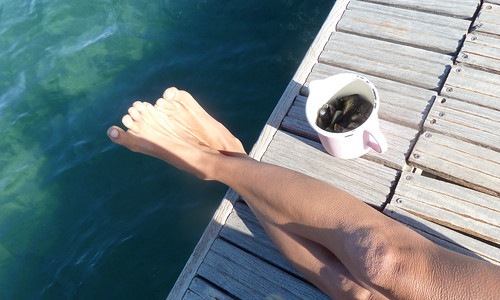
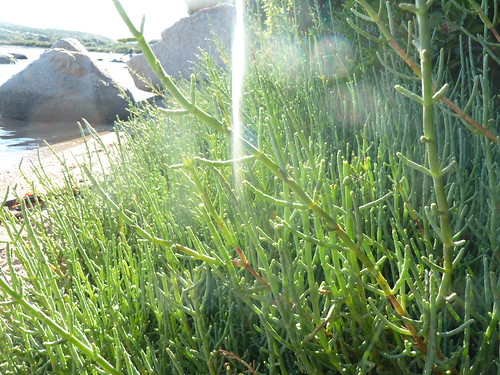
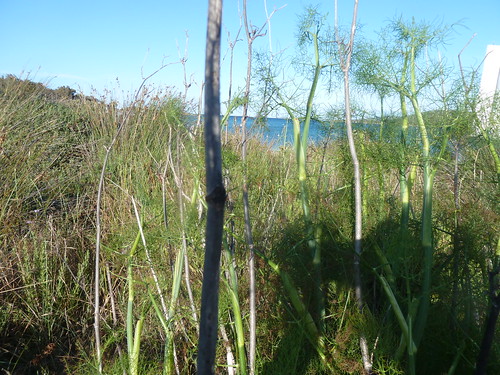
i think it is such a harmonious and pleasurable feeling to collect food, i even used to love foraging for mushrooms and blueberries a lot, when i was a child – and now still, there is an undescribable pleasure to include food from your direct environment into your diet.
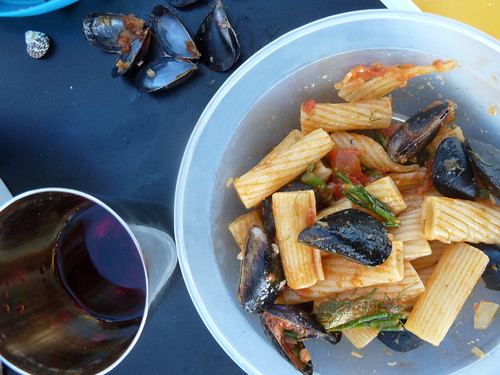
the mussels should be cooked just after harvesting them. i only take some of them, so that there are enough left to continue their existence at this particular runway. before adding them in the end to a sumptuous tomato sauce, i clean the outer shells with a brush and remove the thing in german called beard. fresh mussels always open, when cooked. i add finely chopped wild fennel and sea asparagus (salicornia – europäischer queller in german) at the very end of preparing the tomato sauce.
…
